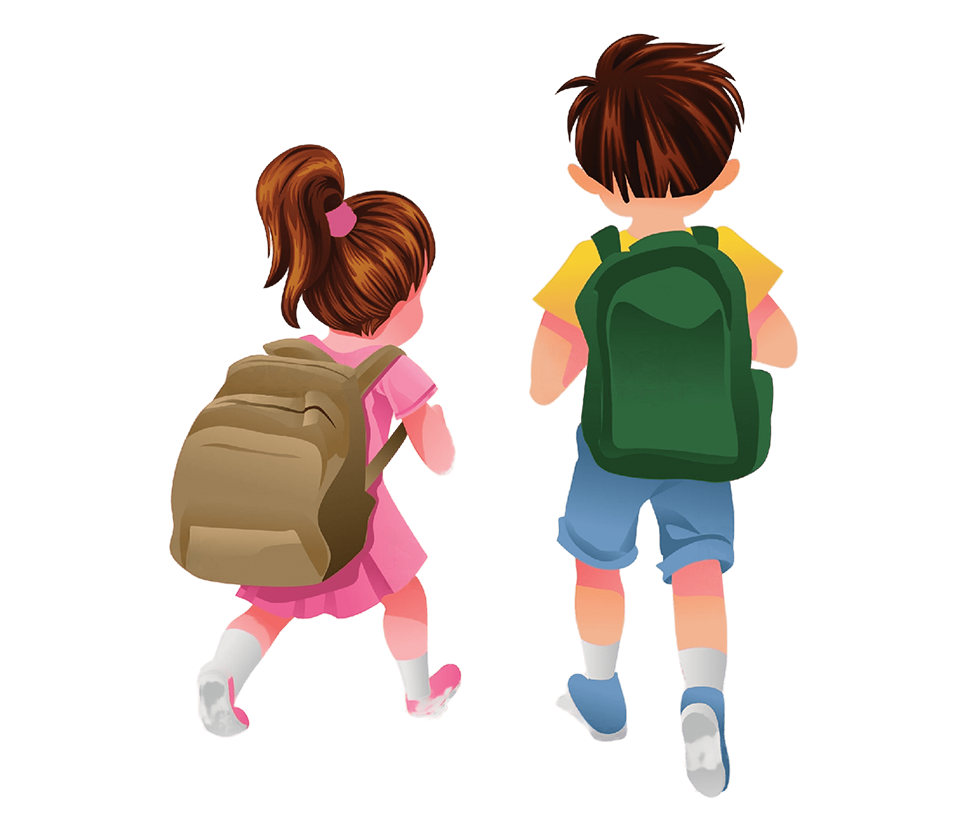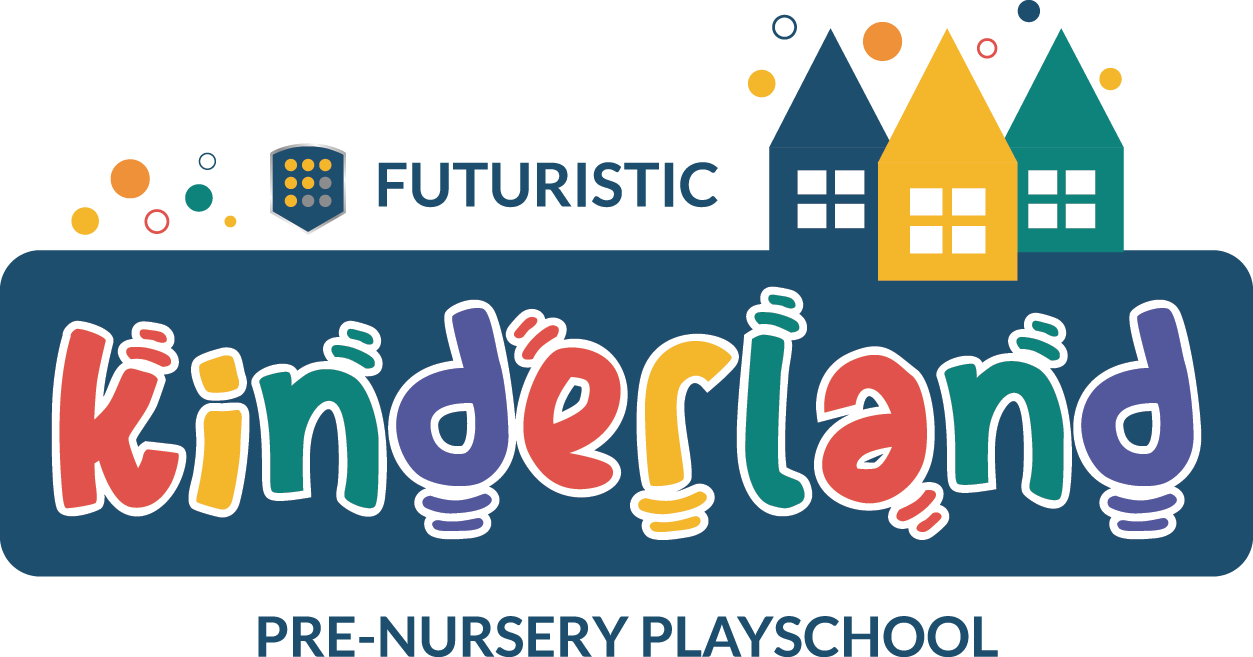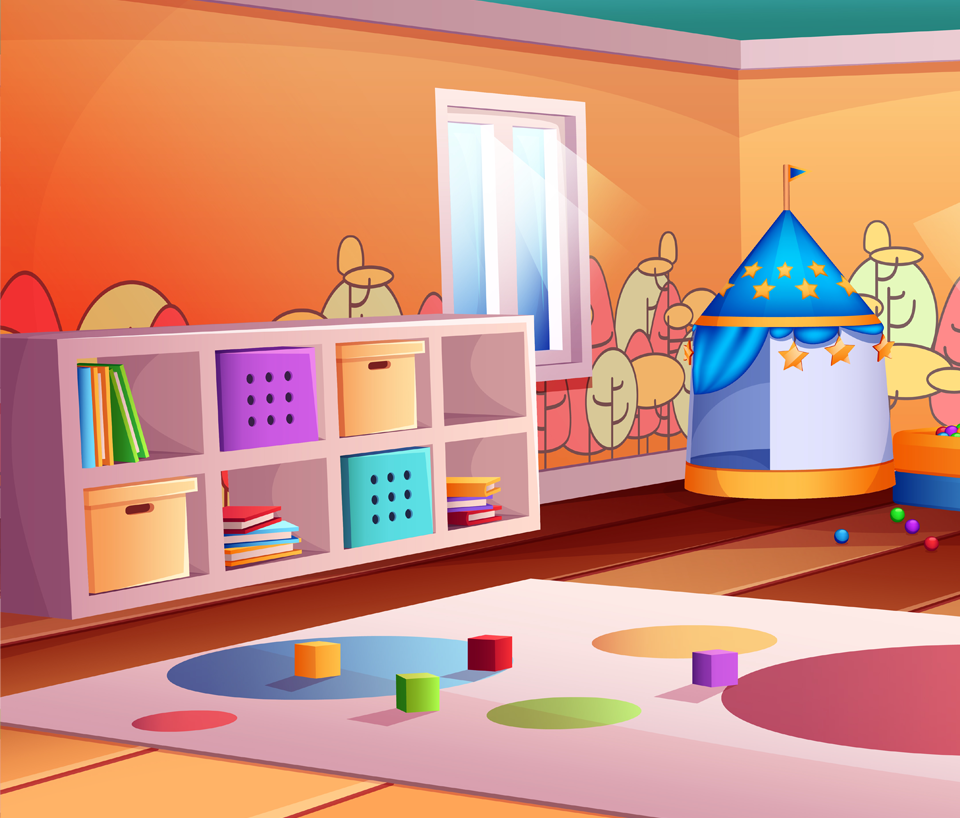
Schooling
Unique child-centric curriculum and structured pedagogy
developed by our R&D team comprising leading academicians.

NCF (National Curriculum Framework)
Playful cognitive exercises

Best in industry Academic & Teacher Training support
Mindful playrooms
Homely ambience

THE KINDERLAND BIG ADVANTAGES
For Your Child’s Future
THE KINDERLAND ACTIVITIES TO GROW BIG
ACTIVITIES @ KINDERLAND
In our free play time we give children opportunity to run, skip, throw, catch, gallop, jump, hop, bend, balance, walk, climb, hang etc.

Activities with Movements
In our free play time we give children opportunity to run, skip, throw, catch, gallop, jump, hop, bend, balance, walk, climb, hang etc.
Special activities:
- Obstacle courses
- Balancing beams
- Throwing and catching games
Special activities:
- Obstacle courses
- Balancing beams
- Throwing and catching games

Activities with Music and Sound
- Learning simple nursery rhymes and poems
- Singing Songs
- Playing with musical instruments
- Discovering sounds through body
percussion.
- Dancing and rhythmic moving – also develop gross motor skills.
- Playing music games.
- Singing Songs
- Playing with musical instruments
- Discovering sounds through body
percussion.
- Dancing and rhythmic moving – also develop gross motor skills.
- Playing music games.

Activities with Creativity
- Drawing with wax crayons, pencils, pens, chalk, etc
- Painting include finger painting, stamp painting, painting with brushes and sponges.
- Box construction – such as building things out of waste materials.
-Cutting tearing and pasting.
- Painting include finger painting, stamp painting, painting with brushes and sponges.
- Box construction – such as building things out of waste materials.
-Cutting tearing and pasting.

Activities with Books and Stories
Reading and story telling sessions by teacher is conducted to develop listening and thinking skills.

Activities with Fun and Games
- Fantasy dress -up
- or symbolic play
- Physical play
- Structured games with rules
- Memory games
- Construction play – Building with blocks
- Sensory play
- Fine motor play activities such as puzzles, threading beads.
- or symbolic play
- Physical play
- Structured games with rules
- Memory games
- Construction play – Building with blocks
- Sensory play
- Fine motor play activities such as puzzles, threading beads.
Courses @ Kinderland
For thousands of years, philosophers have speculated on the fundamental nature
of childhood and the conditions that foster a child’s well-being. We garner them with techniques to make aware the children to begin to explore their environment with a cluster of theme-based contents, stage by stage, that helps them to acclimatize to situational circumstances during their developmental stages of life.
Going beyond traditional formulations—providing instant sensorial access to textbooks and materials-- the children’s play is documented, as observation of the play gives a lot of information about children’s world, their thoughts, interests, emotions, and experiences. Provision of the earliest support is then passed on when needed. Learning happens when children play and explore together.
Presented in a child safe, colorful and interactive manner to keep the children engaged. All the content is thoughtfully designed to suit the learning requirements of the concerned age group.
of childhood and the conditions that foster a child’s well-being. We garner them with techniques to make aware the children to begin to explore their environment with a cluster of theme-based contents, stage by stage, that helps them to acclimatize to situational circumstances during their developmental stages of life.
Going beyond traditional formulations—providing instant sensorial access to textbooks and materials-- the children’s play is documented, as observation of the play gives a lot of information about children’s world, their thoughts, interests, emotions, and experiences. Provision of the earliest support is then passed on when needed. Learning happens when children play and explore together.
Kinder Playgroup Course Activities
Presented in a child safe, colorful and interactive manner to keep the children engaged. All the content is thoughtfully designed to suit the learning requirements of the concerned age group.
- Animals: Awakening stimulation and curiosity in the child, the building blocks of creativeness, through playful familiarity with the animal kingdom, through visual and sensory methods.
- Flowers: Getting to know more about flowers with fun filled theme-based activities, garnering the beauty and grandeur of flowers with specific attention to generate their attention skills through olfactory sense.
- Numeracy Skills: Symbolic number knowledge in the preschool years has been reliably associated with later math achievement and cognitive development of the child. Early numeracy skills involve the understanding and manipulation of both symbolic and non-symbolic number. Symbolic number knowledge in the preschool years has been reliably associated with later math achievement.
- Shapes: This segment involves various geometric shapes designed to induce the child’s visual, tactile, kinesthetic and baric senses. Various shapes of different color and design helps the child to be more attentive and agile.
- Colours: Colour sets the mood of the senses. This ocular sensorial activity aids the child to enhance their learning potential visualizing the brightness, hue and contrasts of vivid colours.
- List of Insects: Dazed and curious! Almost all Pre-schoolers are always inquisitive and fascinated about crawly insects and more curiosity develops more attentiveness. This list includes playful introduction to insects and their relation to nature.
- Birds: A mere flying or non-flying object, is the child’s subject to explore their depths of fascination. Introducing them to birds is an interactive session to enhance curiosity.
- Fruits and Vegetables: Engaging a sense of amazement through introducing the child to fruits and vegetables and fostering their values necessary for human body.
- Rhyme: Collective recitations set to metrical verses, help children develop a keen mnemonic ability, it encourages flair for logical thinking and deep reflection.
- Stories: An age-old tradition, storytelling promotes brain development and imagination, develops language and emotions, and strengthens relationships.
- Community Helpers: Establishing to foster a sense of teamwork within a child's world through learning about community helpers, help children to understand the role of a community, which leads to a feeling of belonging and we feeling.
- Transportation: Apart from enlightening about different vehicles and its uses, a transportation theme teaches children concepts of safety when riding in a vehicle or walking.
- Pre-Writing Skills: Developing hand eye co-ordination and enhancing finger dexterity fortifies fine motor skills through pre-writing sensory methods.
- Human Body: It is fun getting to know about the basics of human body to the children, through fun motor games, memorable with songs, dances and other activities.
- Puzzles: Keeping the shapes and colours in mind, puzzles develop memory skills, as well as an ability to plan, test ideas and solve problems, a future preparedness for rational skill.
A strong and firm overall foundation in the early years besets the perfect tone that lays the foundation towards moral, social and financial literacy.
Early childhood education is extremely vital for the overall physical and mental development of a child. With the right array of activities and learning environment, we have attuned our set of syllabi particularly matching this age group, that will assist a child securing their learning goals.
In this segment, unlike the earlier years involving the introduction to a subject matter, they are trained to go a little deep into all subjects and acquaint themselves to analyze and broaden their kaleidoscopic horizons. Apart from bestowing the just education in the early years of school, we lay a strong vignette, an early foundation to develop social and emotional bonding and cementing their foundation stone.
Presented in a child safe, colorful and interactive manner to keep the children engaged. All the content is thoughtfully designed to suit the learning requirements of the concerned age group.
• Alphabet and Alphabet sounds (play of phonetics)
• Uppercase and lowercase letters
• Numbers 1-20 and their quantities
• Defining greater and smaller
• Measurements
• Distinguishing Light & heavy
• Catch up with Days of the week
• Know about 2 dimensional shapes
• Primary and secondary colours
• Colour mixing with primary colours
• Animal kingdom of aquatic and terrestrial habitats; sounds of junior animals
• Birds and insects
• Internal and external parts of fruits and vegetables
• Types of vegetables
• Internal and external parts of the body
• 5 sense organs and their functions
• Community helpers - vehicles, place of work and costumes
• Puzzles with practical life activities like lacing
• Activities based on rhymes and stories
Early childhood education is extremely vital for the overall physical and mental development of a child. With the right array of activities and learning environment, we have attuned our set of syllabi particularly matching this age group, that will assist a child securing their learning goals.
In this segment, unlike the earlier years involving the introduction to a subject matter, they are trained to go a little deep into all subjects and acquaint themselves to analyze and broaden their kaleidoscopic horizons. Apart from bestowing the just education in the early years of school, we lay a strong vignette, an early foundation to develop social and emotional bonding and cementing their foundation stone.
Kinder Rosebud Course Activities
Presented in a child safe, colorful and interactive manner to keep the children engaged. All the content is thoughtfully designed to suit the learning requirements of the concerned age group.
• Alphabet and Alphabet sounds (play of phonetics)
• Uppercase and lowercase letters
• Numbers 1-20 and their quantities
• Defining greater and smaller
• Measurements
• Distinguishing Light & heavy
• Catch up with Days of the week
• Know about 2 dimensional shapes
• Primary and secondary colours
• Colour mixing with primary colours
• Animal kingdom of aquatic and terrestrial habitats; sounds of junior animals
• Birds and insects
• Internal and external parts of fruits and vegetables
• Types of vegetables
• Internal and external parts of the body
• 5 sense organs and their functions
• Community helpers - vehicles, place of work and costumes
• Puzzles with practical life activities like lacing
• Activities based on rhymes and stories
Emotional developments, early friendships, longer sentences, a stronger memory, new physical skills including reading, creative play, indoor and outdoor play, turn-taking games and perhaps cooking, characterizes the juniors in this age group and distinguishes them from the toddlers. Activities in these age groups, coupled with previous activity, levels up their skills as they are ready in preparation for the next segment of their junior school hood.
From the of entry to Kindergarten until reaching 4 years, there is seen an overall socioemotional development and awareness in the kids. This group is a nourishment towards attaining their overall wellbeing.
Presented in a child safe, colorful and interactive manner to keep the children engaged. All the content is thoughtfully designed to suit the learning requirements of the concerned age group.
• Literacy Skills levelled up
• Numeracy Skills
• Insects in detail
• Transportation and safety
• Being a Community Helper
• Animals & Birds in detail
Activities involved:
• Flashcards, Activity sheets
• Fun with games and posters
• Rhymes and age-appropriate stories
From the of entry to Kindergarten until reaching 4 years, there is seen an overall socioemotional development and awareness in the kids. This group is a nourishment towards attaining their overall wellbeing.
Kinder Junior Course Activities
Presented in a child safe, colorful and interactive manner to keep the children engaged. All the content is thoughtfully designed to suit the learning requirements of the concerned age group.
• Literacy Skills levelled up
• Numeracy Skills
• Insects in detail
• Transportation and safety
• Being a Community Helper
• Animals & Birds in detail
Activities involved:
• Flashcards, Activity sheets
• Fun with games and posters
• Rhymes and age-appropriate stories
Under the new structure of Right to Education and NEP- National Education Policy from state to state, children aged 3 to 8 years come under the foundational section — including three years of pre-school and two years of primary school. The strong base of early learning from age 3 is “aimed at promoting better overall learning, development, and well-being,” according to the NEP.
It is in this accord, that we lay the foundation of this age group; keeping in mind of their needs and also the interest of the parents. In retrospect of the early years, the child’s brain develops at its fastest pace, social and personal habits are formed quickly, the foundation therefore, is laid for the child’s subsequent all-round development here which highlights goals, key concepts or skills, pedagogical processes and early learning outcomes. They are provided with a comprehensive picture of their maturing years and trained emotionally, to step into the real world to higher education.
• Literacy Skills with Pronouns, Vowels & Articles
• Numbers in Ascending and Descending order elaborated
• Plant Life and parts of plants
• Life Cycle of Animals
• The overall Human Body
• My Country
• Shapes (2D & 3D)
It is in this accord, that we lay the foundation of this age group; keeping in mind of their needs and also the interest of the parents. In retrospect of the early years, the child’s brain develops at its fastest pace, social and personal habits are formed quickly, the foundation therefore, is laid for the child’s subsequent all-round development here which highlights goals, key concepts or skills, pedagogical processes and early learning outcomes. They are provided with a comprehensive picture of their maturing years and trained emotionally, to step into the real world to higher education.
Kinder Senior Course Activities
• Literacy Skills with Pronouns, Vowels & Articles
• Numbers in Ascending and Descending order elaborated
• Plant Life and parts of plants
• Life Cycle of Animals
• The overall Human Body
• My Country
• Shapes (2D & 3D)

